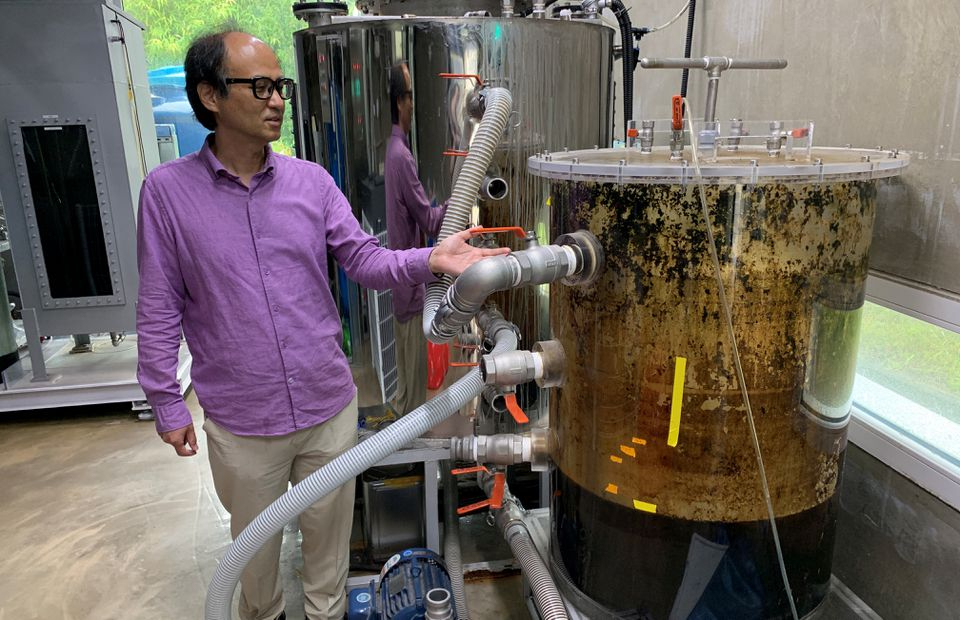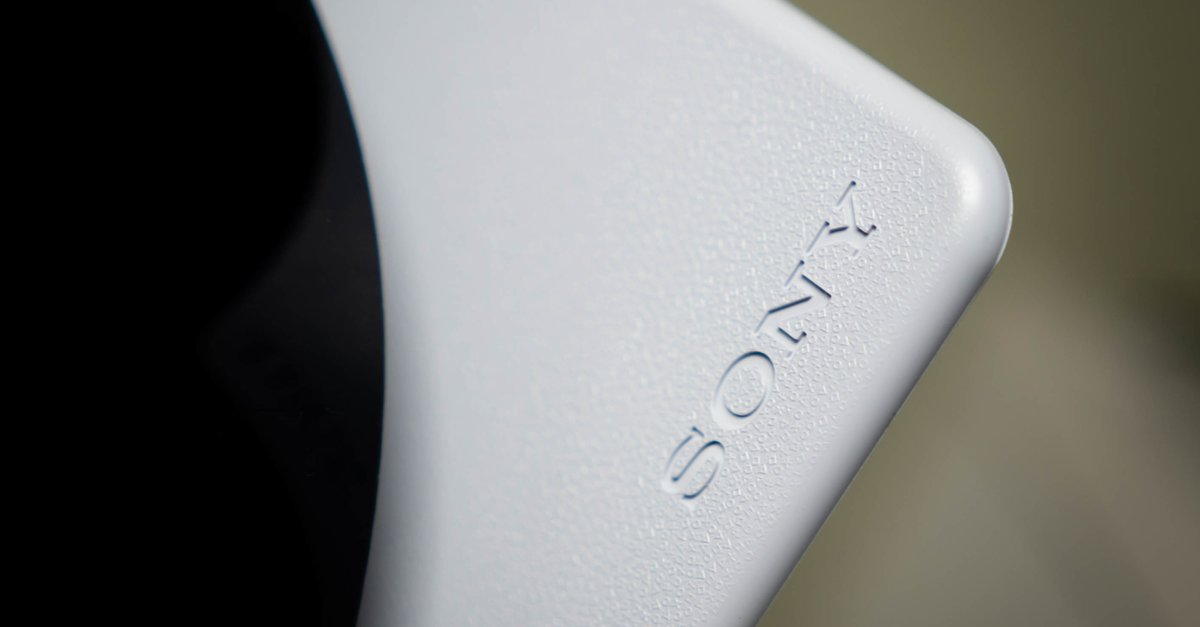This South Korean toilet pays for faeces with digital money
A South Korean university buys its students and employees their dropouts. Toilet use is paid for with its own digital currency. The feces are used to power a building.
At the South Korean Ulsan National Institute of Science and Technology (UNIST), one of the four public universities in the Asian country, Cho Jae-weon, professor of urban and environmental technology, has developed an environmentally friendly toilet that uses the excrement of its users to generate biogas and Manure uses.
Contents
Toilet contents are used to generate electricity
The so-called Beevi toilet – an artificial word made up of bee and vision – uses a vacuum pump to feed faeces into an underground tank, in which microorganisms break down the faeces into methane. The methane produced is integrated into the energy cycle of a building, where it drives a gas stove, a hot water boiler and a solid oxide fuel cell. The remaining manure is used in a nearby garden.
“If we think outside the box, faeces have a valuable value for energy generation and as fertilizer. I brought this value into the ecological cycle, ”is how Professor Cho explains his idea.
The average person sheds around 500 grams a day, according to Cho. This would result in 50 liters of methane gas in the conversion process by microorganisms. This means that half a kilowatt hour of electricity can be generated and a car can be driven around 1.2 kilometers, the environmental engineer calculates.
Toilet pays users for their contributions using digital currency
To encourage the university community to use it, Cho invented a virtual currency called Ggool (honey). For the use of the environmentally friendly toilet, UNIST pays its users up to a maximum of 10 Ggool per day. Every time they go to the toilet, users can scan a QR code placed on the toilet to top up their credit.
This currency can be used to buy goods on campus. The offer ranges from freshly brewed coffee to instant noodles and fruit to books. The products can be picked up in a specially set up shop and paid for using a QR code scan using the personal Ggool credit.
The concept is particularly well received because of the remuneration aspect, as UNIST doctoral student Heo Hui-jin said Reuters confirmed. For example, she is constantly thinking about which book she could buy next.



